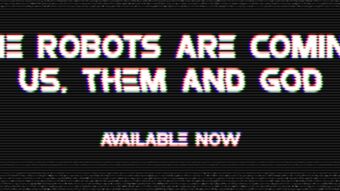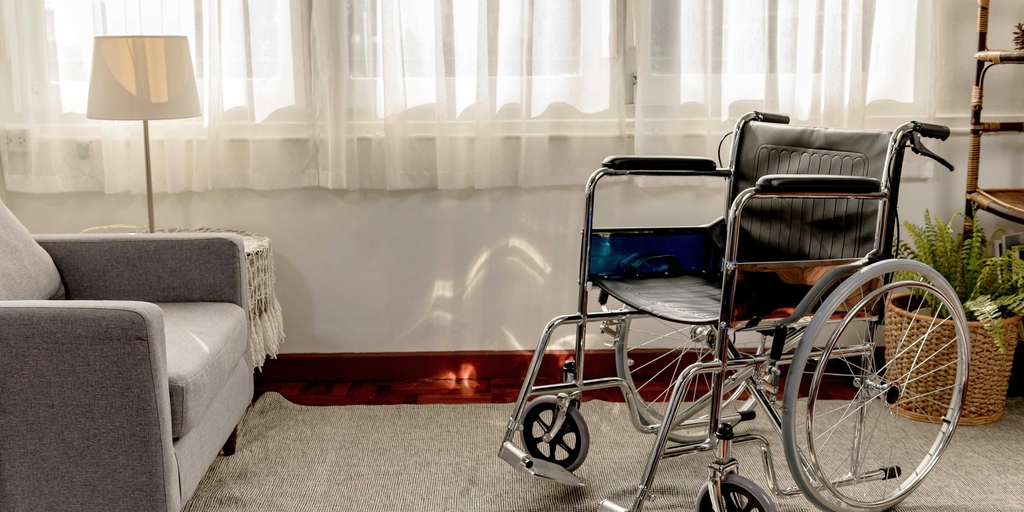The Robots are Coming! What makes us special?

At CARE, we want to equip Christians to be salt and light and to think biblically on difficult issues. In this digital age, technology is developing all the time, leading some to talk about the fourth industrial revolution of artificial intelligence (AI) and Robotics. This brave new world raises massive questions about our human identity. But as Christians, what should our response be? We commissioned Prof Nigel Cameron, an expert in new technologies to write The Robots are Coming: Us, Them and God. It’s easily accessible and a great starting point if you want to know more about what’s been going on and how we can respond. For a limited time, the book is on sale at £4.99, reduced from £9.99. This is the first in a series of blogs based on the book to give you a flavour of what you can expect..!
Made in the image of God
Christians believe that all humans are made by God. More precisely, we are made in God’s image. It’s an immensely important theological term, which shapes how we view ourselves and one another. But what exactly does it mean?
Plainly it can’t mean that we are God. But nor are we fish, or birds, or reptiles or any of the other creatures God made. So, we find ourselves somewhere in between what they are and what He is.
Digging deeper
But can we go any further? The answer is yes! Here are five ways we can summarise what it means to bear God’s image.
-
Firstly, there’s a focus on our brains. It’s not just that we can argue with others, but we can also think things through; we can reason, work things out and develop ideas.
-
Secondly, the human brain is also the place of our choices. God has granted us the cognitive ability to choose things, whether good or bad. We are moral creatures, not just calculators.
-
Thirdly, we can reach beyond ourselves to be creative in arts, poetry and music. All the various human qualities flow out of or brains reflect what God himself is like.
-
Fourth, we are called to live on this earth on God’s behalf. We are here as His stewards and He has given us dominion.
-
Fifth, we are creatures who have relationships – human relationships, personal relationships – just as God has a relationship with us.
What we learn is that being made in God’s image means having brains that can reason, making choices, being creative. He has placed us on earth to rule it. And He has made us as creatures who thrive in relationships, with each other, yes, but chiefly with Him.
The Incarnation
But, when we think about being made in God’s image, which is an extraordinary claim in itself, Christians believe something ever more remarkable.
And it is this. That in the person of Jesus Christ, God who made us, stepped down into His world and became like one of us. This is the incarnation of Jesus Christ, which literally means ‘being put into flesh’.
In coming to earth, God lived a life like ours. In doing so, He invested the dignity of humanity with even greater meaning. Human beings are so special that God’s Son Jesus decided to become one of us and, when He went back to heaven, He kept His physical, human body, which is a remarkable thing to do.
What’s this got to do with technology and robots?
This is why new technology and the development of increasingly sophisticated robots raises such big questions for us. Robots are machines. And they are machines to help us be god’s image bearers. The question is how can they help us rather than hinder us in the five ‘image roles’ outlined above, that God has given us.
In light of the growing availability of robots to do jobs previously done by humans, we are left facing two final questions. First, how will we serve God if we don’t have jobs? And second, and more generally, what on earth will we do with ourselves?
BUY THE BOOK - SPECIAL OFFER – ONLY £4.99
To find out the answer to that question, why not buy yourself a copy of The Robots are Coming: Us, Them and God. For a short period of time, it’s available at a discounted price of £4.99, down from its normal price of £9.99. You can get a copy from our shop.




Share story
The Robots are Coming! What makes us special?